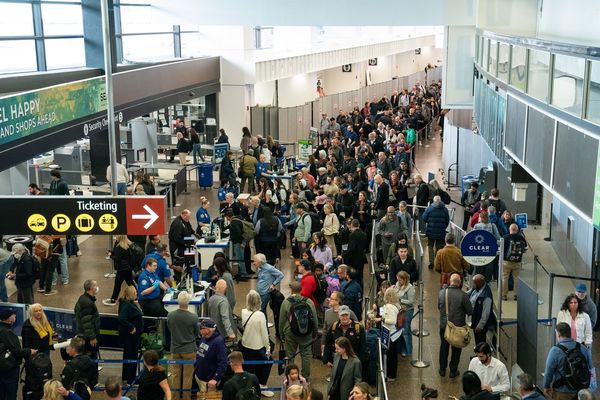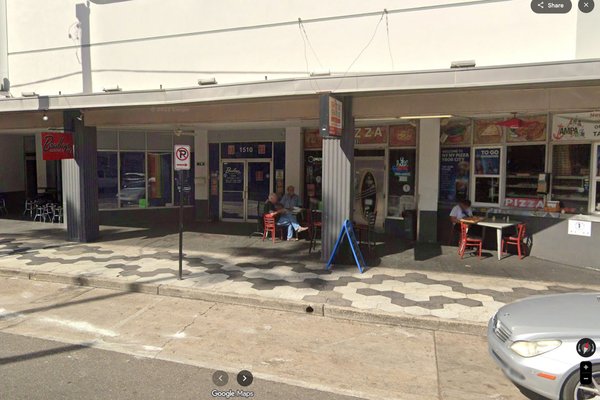
A permanent Indigenous voice to parliament is being considered as part of treaty negotiations between the Victorian government and the state’s First Peoples’ Assembly.
On Monday, the two groups issued a joint statement outlining the topics to be discussed as part of negotiations that began in late November, which includes the “creation of an ongoing First Peoples’ representative body”.
The possibility of “evolving” the First Peoples’ Assembly into such a body will be discussed. Further, “the role of a representative body in decision-making relating to Victorian government programs and services for First Peoples” and the “interaction between a representative body and the Victorian parliament and government” will also be negotiated.
Although the statement does not refer to such a body as a voice to parliament, the government has previously referred to the work of the First Peoples’ Assembly as being part of the “voice” aspect of the Uluru statement of the heart.
The assembly was established in 2018 to represent traditional owners of country and Aboriginal and Torres Strait Islander peoples in Victoria “on the journey to treaty”.
It began operating in 2019 after statewide elections of 22 members occupying general seats across five regions, alongside designated seats for each formally recognised traditional owner group.
While members of the first term of the assembly worked to establish the framework for negotiations, including the treaty authority and the self-determination fund, the second term has focused on strengthening the body itself.
As part of this push, it is calling for meaningful decision-making powers, independence from government and the ability to implement key recommendations from the state’s Indigenous truth-telling inquiry, the Yoorrook Justice Commission.
Proposals the assembly has floated include providing early access to seniors cards for First Nations Victorians, embedding Indigenous history in school curriculums and creating community-owned and managed public housing and a public holiday to celebrate Indigenous culture and history.
Such proposals are yet to make their way on to the agenda in negotiations with government, according to the joint statement.
The government and the assembly, overseen by the treaty authority, plan to meet weekly and provide “regular joint statements to keep Victorians updated”.
The government and the assembly have agreed to add other subject matters as negotiations proceed, which will also be shared publicly.
However, the opposition leader, Brad Battin, described the latest update as “secretive”.
“It’s really important that all Victorians are aware of the details and have a better understanding,” he said on Monday.
It led to a rebuke from the inaugural co-chair of the assembly, Marcus Stewart, who said it was always the intention for its work to continue beyond treaty.
“The First Peoples’ Assembly of Victoria represents communities across every single corner of this great state. So it is uniquely placed to advise government of the day on local and state issues. Broadening its scope makes perfect sense,” Stewart said.
“Brad ‘Clickbait’ Battin just needs to take a breath and think about how a government he may lead would work with an Aboriginal representative body to improve outcomes for Aboriginal and Torres Strait Islander people, instead of trying to be a Peter Dutton stunt-double chasing headlines.”
Beyond the push for a broader representative body, other topics on the list for negotiation were establishing the principles and objectives for statewide treaty and supporting ongoing truth-telling, education, healing and reconciliation.
Rueben Berg, the co-chair of the First Peoples’ Assembly of Victoria, said the negotiations were the “best opportunity” to deliver “practical solutions for Aboriginal communities across the state”.
“What unites all the ideas the assembly will put on the table is the simple principle that decisions about Aboriginal communities, should be made by Aboriginal people,” Berg said.
“So these discussions for the first treaty will look at how we can expand the roles and responsibilities of the First Peoples’ Assembly. We want it to have meaningful decision-making powers when it comes to First Peoples matters.”
After the Coalition withdrew support for the treaty process last year after the defeat of the federal voice, there remains a two-year window for treaty agreements to be secured before Victorians head to the polls in November 2026.







